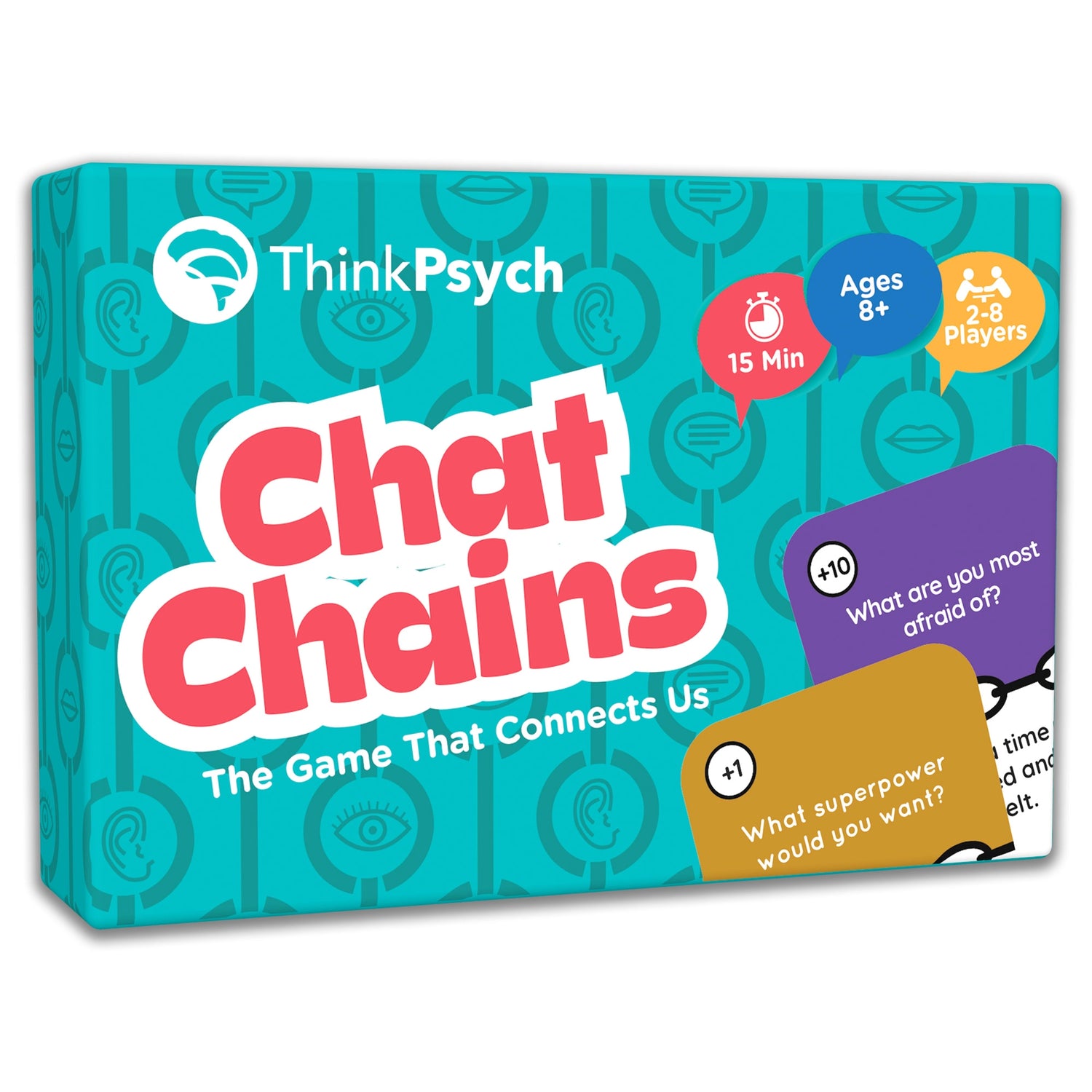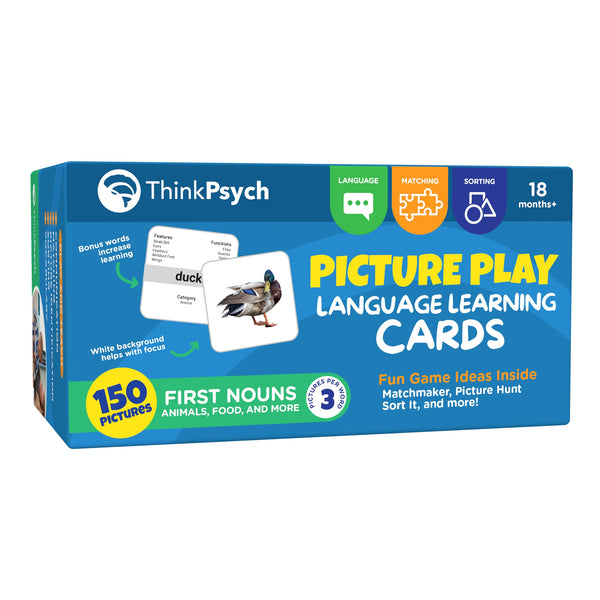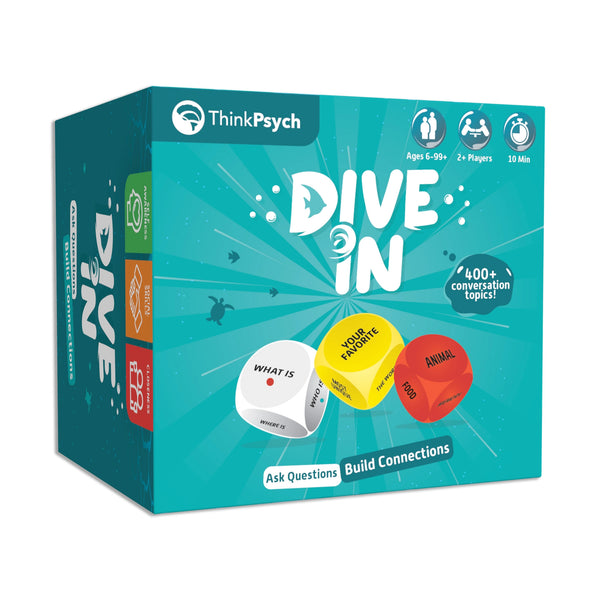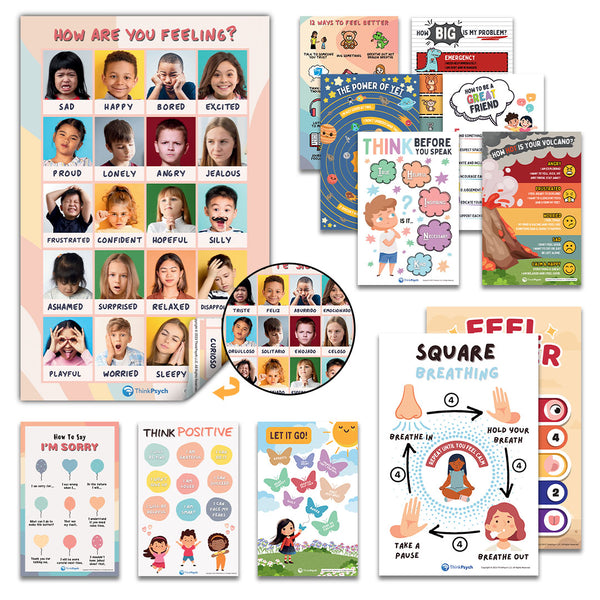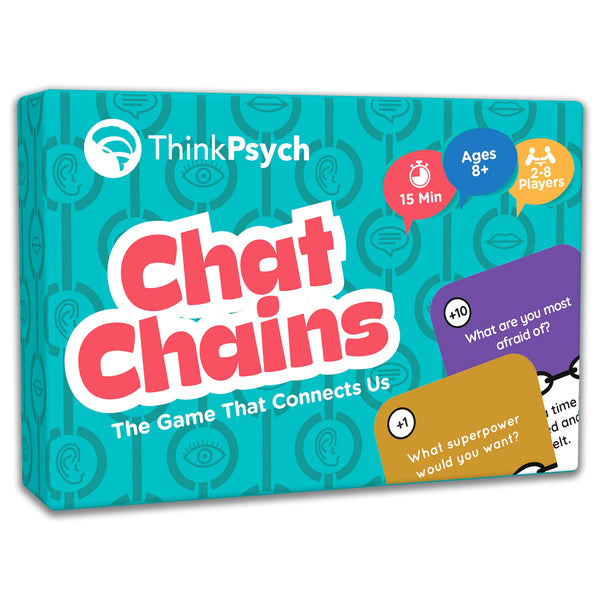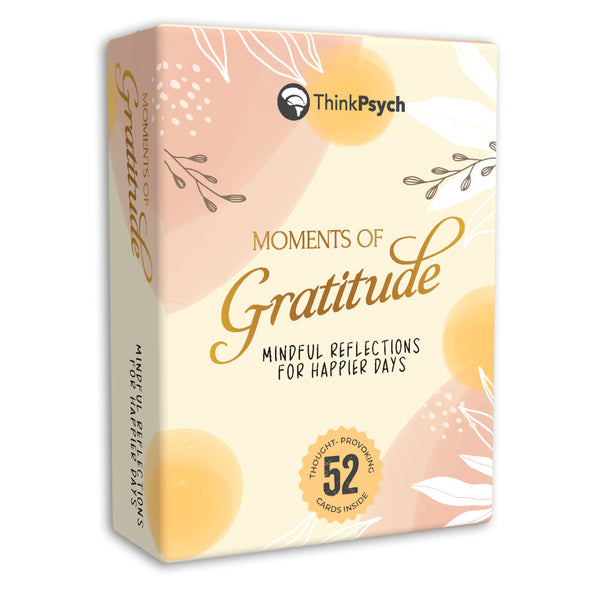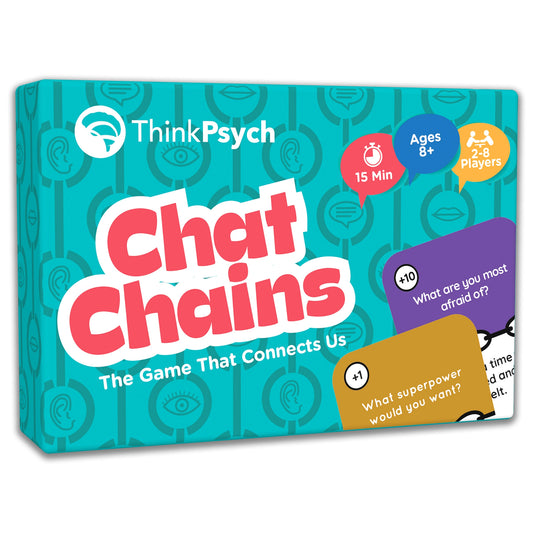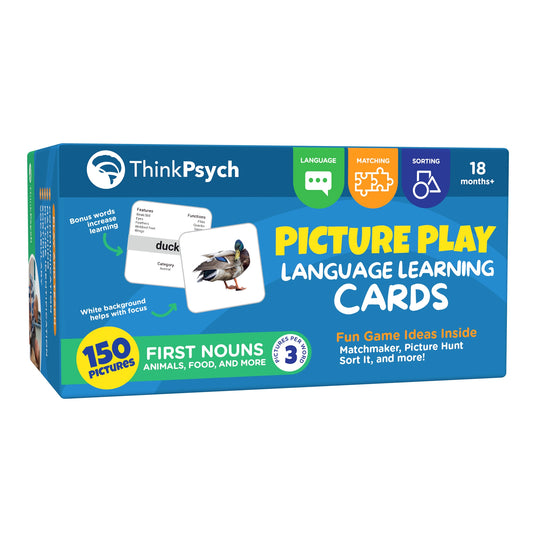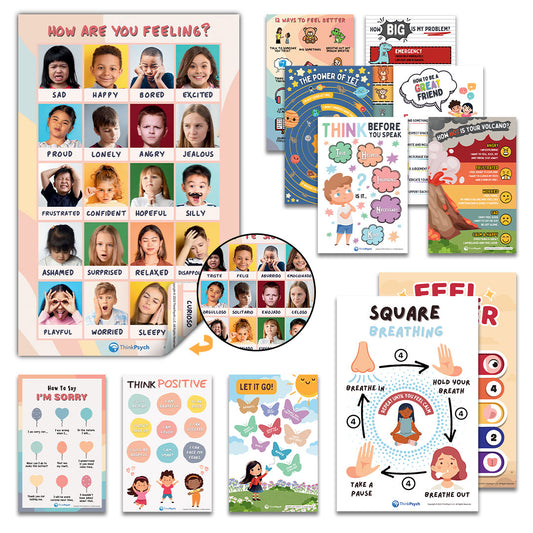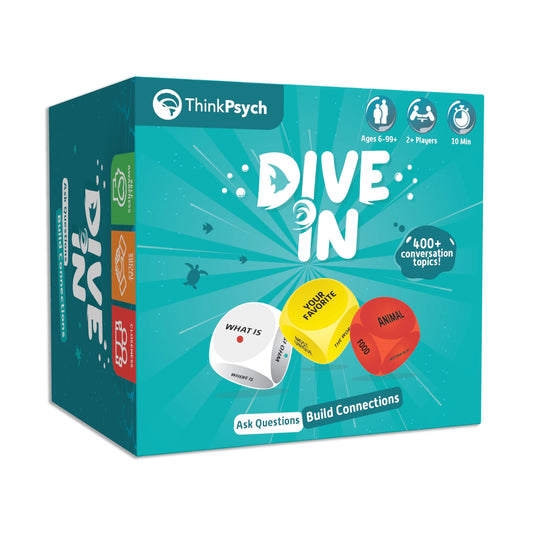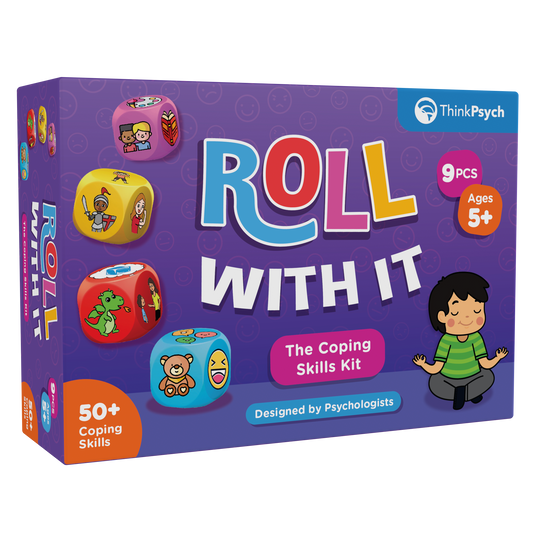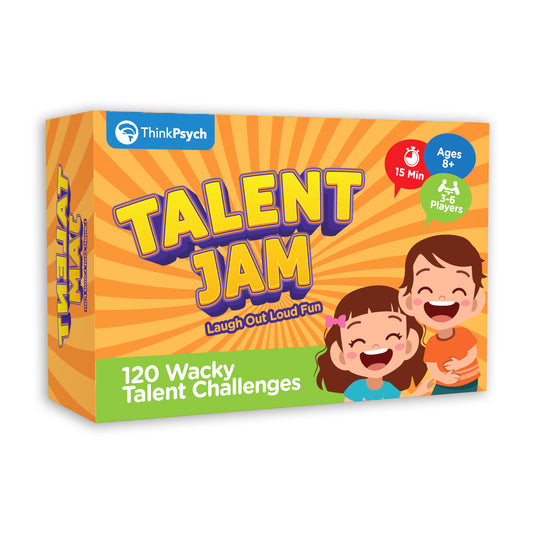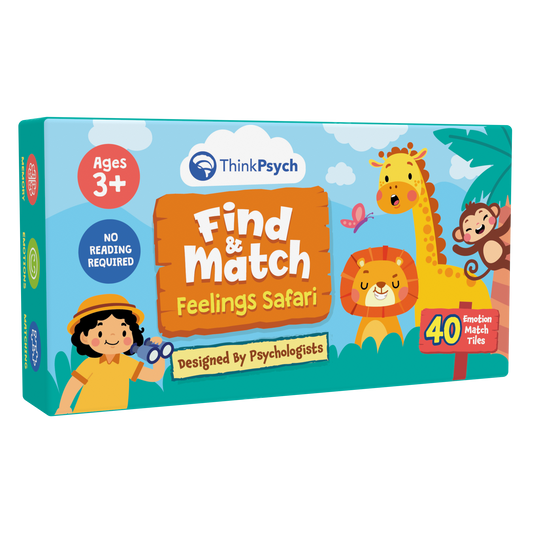Reading is one of the most important skills a child can learn. It improves cognitive development, increases concentration and focus, and prepares your child for academic success. Thus, experts recommend it as one of the best extracurricular activities children can practice, including outside of school. Here are 11 fun activities to develop reading skills in your children.
Find a Pen Pal
Writing letters not only develops your child’s writing skills but also develops his reading skills. Moreover, he will also feel connected to whom he is writing.
You can help your child find a pen pal using the NASA Astronaut Pen Pal Program. Through this program, your child can write letters to his favorite astronaut and even score an autograph picture of anyone he picks. You can check the list of NASA Astronauts and get more information about the program here.
If your child prefers to become pen pals with other children, you can help him find a pen pal through Kids for Peace.
Another way to find a pen pal is to encourage your child to write to the author of his favorite book. While there is no guarantee that he will get a response, it is still an effective way to enhance his writing skills. You can copy your child’s letter to the author and have him read it to practice his reading skills too.
Use Subtitles
Reading captions and subtitles supports literacy. It develops your child’s reading skills, as well as comprehension and vocabulary. If your child likes watching movies or shows, reading captions is an effective way to encourage her to read. It’s also an effective way for your child to recognize sight words.
Choose movies and shows that are your child’s favorite and are age-appropriate. If she keeps watching the same shows and memorizes the lines, turn off the volume and have her focus on just reading the subtitles.
Become a Star in a Play
Is your child interested in role-playing or, better yet, in starring in a play? If yes, it’s another excellent opportunity to improve his reading skills. Reading and memorizing a script can expand his vocabulary and interest in theater arts and other art forms. Your child doesn’t even have to star in a theater play. You can organize this play at home with his siblings or friends. To learn how to create a theater play at home, you can check out this guide from The Rabbit Hole Theater.
Go on a Road Trip
Going on a road trip is not only fun and exciting family bonding, but also a fantastic opportunity to develop your child’s reading skills. Moreover, reading games are an effective way to contain your child’s boredom during the trip. For example, you can ask your child to name words she can read outside the car window.
Read the Book Version of Your Child’s Favorite Movie
Does your child have a favorite movie adapted from a book? If he does, an excellent way to encourage your kid to develop his reading skills is to read that book, especially if he doesn’t typically like reading. Kids are often more excited to read if they are interested in the topic.
Keep a Vocabulary Jar
Another effective literacy tool you can use to develop your child’s reading skills is keeping a vocabulary jar. To do this, your child has to put a new word she learns in the jar daily. One way to keep your child motivated to do this is to make the jar as colorful or beautiful as possible. For example, you can ask your child to put glitter on it or paint it with any color she likes. Then, by the end of the week, you can review the words in the jar with your child and see if she can still read the words and remember their meanings.
Write a Journal
Reading and writing are two skills that compliment each other. Writing directly affects how you read and vice versa. According to EdWeek, asking students of any age to write about what they have learned or read improves their reading comprehension. Furthermore, writing improves reading fluency as thinking about spelling and sound patterns creates deeper brain connections. This deeper brain connection makes it easier and faster for children to recall words and sounds.
So, to improve your child’s reading skills, have your child write a journal entry about something they learned or read that day. It doesn’t have to be a long entry. You can help your child by giving him prompts about what to write. Once they finish, have your child read what he wrote.
Play the Word Roulette Game
The word roulette game is excellent for developing your child’s reading skills while keeping the fun. You can customize this game based on the age of your child. To play this game, you need a set of word flashcards, such as this First Nouns Flash Cards Set and then pick some random picture flash card for your child to learn to read every day. Depending on your child’s level, you can start with just one word daily. Then progress to two, three, and more.
Create Word Families
Creating word families can help children improve their phonemic awareness. During this activity, you can ask your child to keep a jar or a container for different word families based on rhymes, number of letters, or parts of speech (e.g., nouns or verbs). Select word families based on the reading level of your child.
For example, ask your child to create a word family of words that end in “ack,” such as back, lack, track.
Create a Cookbook
Creating a cookbook is a fun activity that lets children learn to cook and read. Plus, they get to enjoy eating the results! To do this, look for a recipe you want to cook and prepare all the ingredients. Next, go over the recipe with your child. Then, as you cook, ask your child to read the steps as you work in the kitchen. You can also ask your child to help you cook if he wants. Some children learn faster if they are working with their hands or moving. Then allow your child to copy recipes from other cookbooks or the internet that he wants you to try next time. This is one of our favorite activities to develop reading skills in children.
What’s in The News?
Another fun activity that will help develop your child’s reading skills is “What’s in the News?” In this activity, you and your child will look for news on the internet that she finds interesting. Bookmark this news, and by the end of the day or the week, read these together. Doing this will improve your child’s reading skills and allow you to get to know your child better through her interests.
Conclusion:
Your children’s learning shouldn’t start and stop inside the four corners of the classroom. You can support your children’s reading skills by giving them fun activities at home, even when traveling around. Do you have other fun activities to develop reading skills in your children? Share them with us in the comments.
References:
6 Best Ways to Improve Reading Comprehension | Scholastic | Parents
25 Activities for Reading and Writing Fun | Reading Rockets
‘Writing Directly Benefits Students’ Reading Skills’ (Opinion) (edweek.org)
